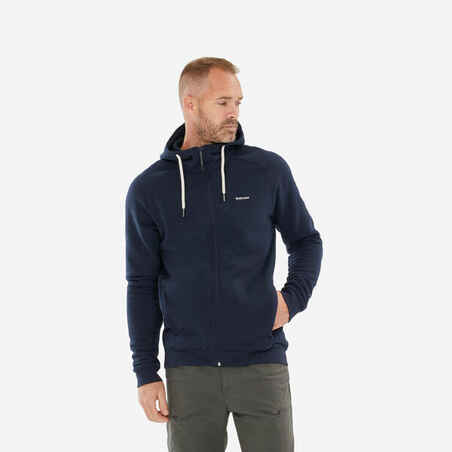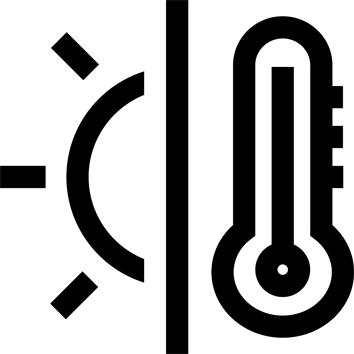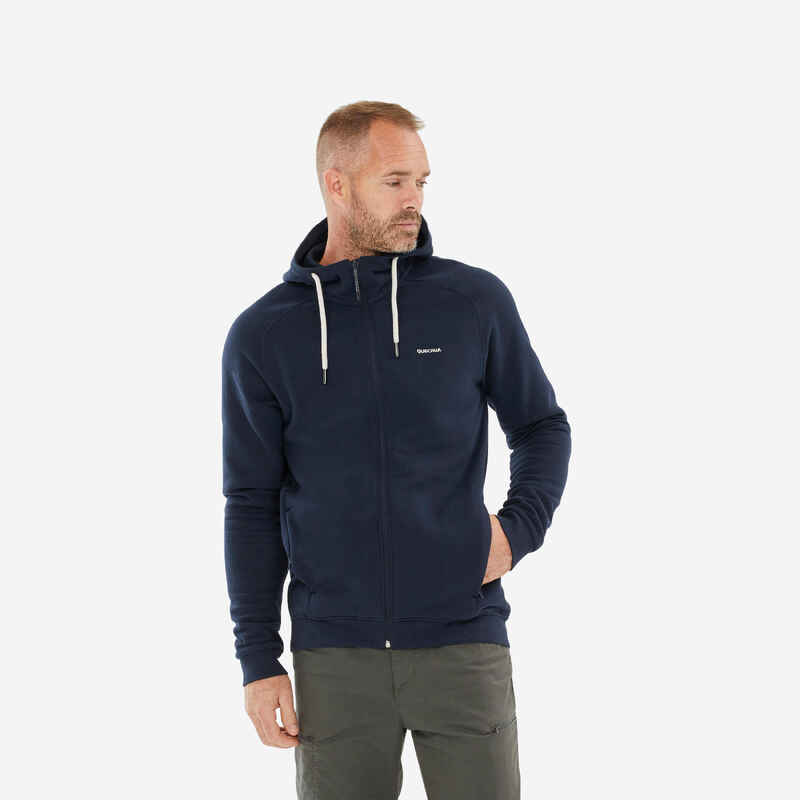
















Cannot ship to ()
Store Availability
This product is currently unavailable for your region
Please select a size







